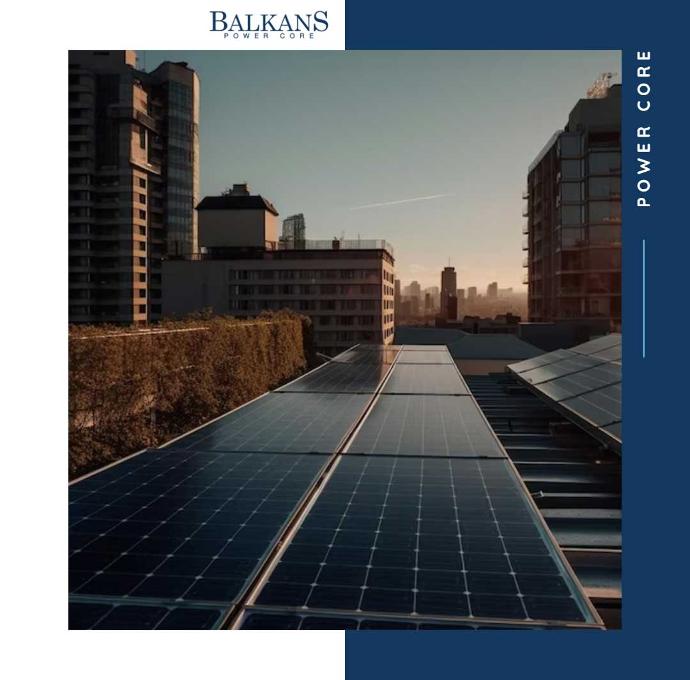In recent years, solar energy has gained increasing ground as a clean and sustainable energy source. However, one of the major challenges of this energy source is that its production is not always synchronized with our consumption needs. In other words, the sun shines when it wants, not necessarily when we need electrical energy. This is where solar energy storage systems come into play, an essential technology that allows us to store surplus solar energy for use during periods when the sun is not shining, or when energy demands are high.
In this article, we will delve deep into how these storage systems work and how they contribute to the transition towards a greener and more energy-efficient world.
1. Solar Batteries: The Heart of Storage Systems
One of the most common and efficient ways to store solar energy is by using solar batteries. These are the central elements of storage systems and play a crucial role in converting and preserving solar energy. Operating on the principle of electrical conversion, solar batteries transform the electric current generated by solar panels into stored chemical energy. This chemical energy can then be released in the form of electric current when needed.

2. Converting Solar Energy into Electricity
To understand how solar energy storage systems work, it is important to know how solar energy is initially converted into electricity. Solar panels, or photovoltaic panels, are responsible for this conversion. They contain photovoltaic cells, usually made of silicon, which absorb photons from light and generate a flow of electrons, thus creating a continuous electric current (DC).
3. Charging Solar Batteries
A key aspect of solar energy storage systems is the process of charging solar batteries. This occurs when solar panels produce more energy than is needed during the day. Instead of wasting this energy, it is directed to the batteries for storage. The direct current (DC) generated by panels is used to charge solar batteries.
4. Energy Storage: How It Works
Solar batteries operate on the electrochemical principle. A typical cell in a solar battery contains two electrodes - one positive and one negative - and an electrolyte that facilitates the transfer of ions between electrodes. When the battery is charged, electrons are forced to move from the negative electrode to the positive one through an external circuit. This flow of electrons generates an electric current that can be used to power our devices and homes.
5. Using Stored Energy
A major advantage of solar energy storage systems is the ability to use stored energy during periods of high energy demand or when the sun is not shining. When solar energy is needed, the electric current is released from the solar batteries and powers the building's electrical system or connected devices.
6. Monitoring and Efficient Management
To ensure the efficient operation of solar energy storage systems, continuous monitoring and management are essential. Modern storage systems are equipped with sensors and advanced software that track the performance of batteries and solar panels. This data can be accessed and controlled through mobile applications or online platforms.
7. Major Benefits of Solar Energy Storage Systems
Solar energy storage systems bring numerous benefits, both for individuals and the environment:
In conclusion, it is evident that solar energy storage systems represent a significant step towards a more energy-efficient and sustainable world. These technologies not only enable the optimal use of solar energy but also create a more robust and flexible energy network. With the ability to store energy for prosumers (consumers who also produce energy), every individual and business can become an active part of the energy revolution. With proper planning and real investment in solar energy storage systems, Balkans Power Core actively contributes to the fundamental transformation of how we manage energy and reduce our environmental impact. It is a future in which solar energy becomes not only a clean energy source but also an extremely flexible resource, putting the power in our hands to create a more sustainable and energy-independent world.
